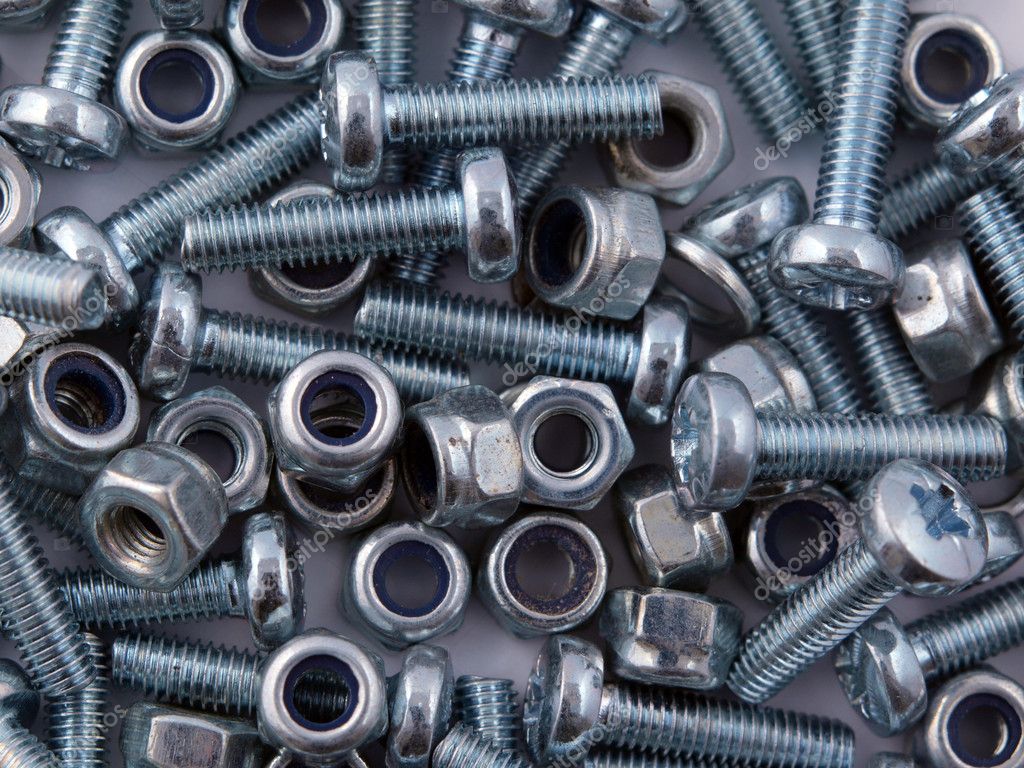Regarding building, automotive repairs, and renovation projects, the value of selecting the right fasteners cannot be overstated. These seemingly simple fasteners are essential in providing the stability and reliability of your projects, regardless if you are constructing a deck, repairing a vehicle, or engaging in a home improvement task. Yet, with a vast array of options available, understanding what to look for when selecting fasteners is important for achieving the desired results.
The following guide intends to offer you with a thoroughly detailed overview of the diverse categories of nuts and bolts, along with tips on how to select the right fastening solution for your unique situations. From the typical bolt types to the myriad materials and coatings available, we will examine the factors that contribute to your selection of hardware. Whether https://ottesen-song-3.thoughtlanes.net/nuts-about-bolts-and-nuts-an-deep-investigation are a experienced builder or a hobbyist, arming yourself with this information will enable you to make informed decisions and guarantee the success of your projects.
Understanding Nuts and Bolts
Fasteners are crucial hardware that hold materials together, forming the core of numerous building and fixing projects. https://higginswinters7.livejournal.com/profile come in multiple shapes, dimensions, and materials, each designed to satisfy particular needs. The basic principle behind nuts and bolts lies in their ability to create a strong connection by utilizing the grooved shaft of a bolt, which is paired with a compatible nut that can be secured or loosened as necessary.
Distinct types of nuts and bolts fulfill unique purposes. For instance, hex bolts are commonly used in high-strength applications due to their resilience, while carriage bolts are best for projects requiring a finished finish. In contrast, lag bolts are popular for fastening wood, especially in construction. Comprehending these differences is important for determining the appropriate fastener for a project, ensuring safety and longevity in the final construction.
Moreover, substances and coatings play a major role in the performance of nuts and bolts. Metal is the primary material, but options like brass and titanium are offered for specialized applications. Corrosion-resistant finishes, such as coated coatings, can increase the lifespan of fasteners in outdoor or wet environments. By being aware of the types and features of fasteners, customers can make wise choices to enhance the standard and lifespan of their projects.
Materials and Finishes
When selecting nuts and bolts, the substances they are made from play a vital role in dictating their performance and durability. Metal is the most commonly used material due to its strength and versatility. However, there are various types of steel, including carbon-based steel and alloy-based steel, each suited for specific applications. For environments that require resistance to rust and corrosion, stainless steel is an outstanding option, offering durability and longevity even in harsh conditions.
Coatings are also important as they can improve the performance of nuts and bolts. Zinc coating is a popular choice as it provides a layer of protection against corrosion while keeping a clean appearance. Galvanization, a more durable coating, involves dipping steel parts in molten zinc, offering greater resistance to the elements. For specific uses, such as in oceanic environments, a coating that can withstand saltwater corrosion is essential, making materials like bronze or coatings specifically designed for oceanic use important considerations.
Understanding the variations in substances and their coatings can help you choose the right fasteners for your project. For instance, while titanium bolts are lightweight and resistant to corrosion, they can be significantly more expensive than their steel counterparts. Choosing the right material and finish not only ensures the integrity of the assembly but also optimizes the cost-effectiveness and longevity of your project.

Purchasing Tips and Evaluations
When buying nuts and bolts, understanding the various types and their applications is important. Start by assessing whether you need metric system or imperial fasteners. Both measuring systems are widely used, but selecting the right one is important for matching with your tasks. Additionally, learn with specific grades of bolts and specifications, as these affect the strength and appropriateness for different applications, from large-scale building to everyday use.
Next, think about the materials and finishes of the fasteners. Stainless steel bolts are often recommended for outdoor use due to their ability to resist corrosion, while zinc-plated options may be suitable for indoor projects. If your application requires a specialized coating for additional strength and longevity, explore choices like galvanization or specialty coatings. Consider the environmental conditions the fasteners will encounter, as this can greatly impact their efficiency and lifespan.
Lastly, keep a list handy while buying nuts and bolts. Measure the dimensions accurately, review compatibility with additional parts in your project, and ensure that the nuts fit securely to the bolts. A wide selection of choices might lead to uncertainty, but sticking to your project requirements and understanding the differences in thread types, lock nuts, and custom fasteners will help you make informed choices consistently.
